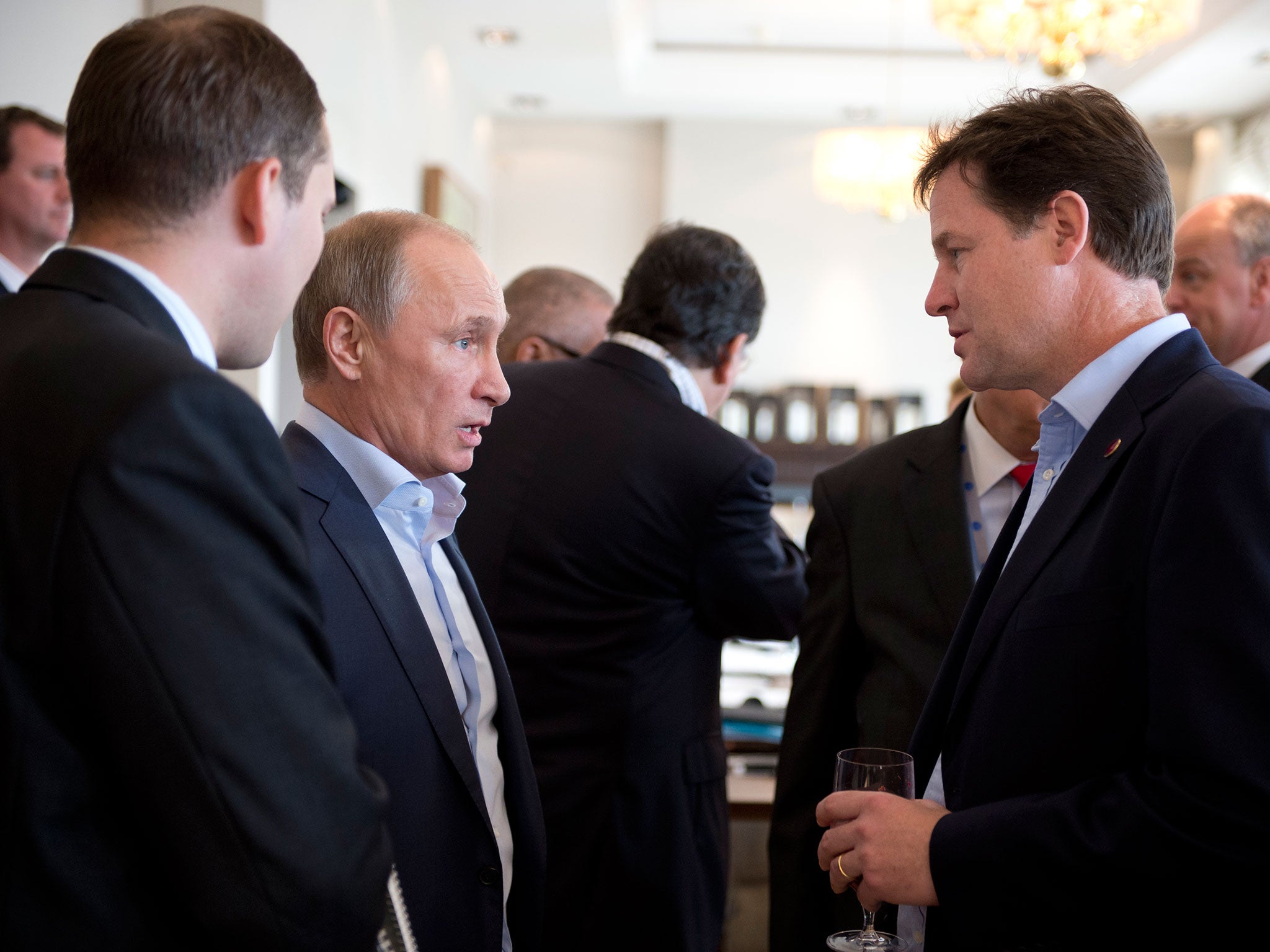Ukrainians can no longer demand Putin’s death on Facebook and Instagram, Meta says in U-turn
Meta is walking back a controversial change that marked it as an ‘extremist organisation’ by Russia

Your support helps us to tell the story
Our mission is to deliver unbiased, fact-based reporting that holds power to account and exposes the truth.
Whether $5 or $50, every contribution counts.
Support us to deliver journalism without an agenda.

Louise Thomas
Editor
Meta, the parent company of Facebook and Instagram, is narrowing its controversial moderation policy for Ukrainians to prohibit calls for the death of Vladimir Putin or Belarusian President Alexander Lukashenko.
The technology giant had previously allowed for such calls to be made on its platform – despite its hate speech rules – as part of a moderation change that allowed posts promoting violence against Russian forces.
On the same day, Russia opened a criminal case against the social media firm calling it an “extremist organisation” and has subsequently banned Instagram in the country. The main Facebook app had been already banned.
“We are now narrowing the focus to make it explicitly clear in the guidance that it is never to be interpreted as condoning violence against Russians in general,” Meta global affairs President Nick Clegg wrote in a post on the company’s internal platform on Sunday that was seen by Reuters.
“We also do not permit calls to assassinate a head of state ... So, in order to remove any ambiguity about our stance, we are further narrowing our guidance to make explicit that we are not allowing calls for the death of a head of state on our platforms.
“These are difficult decisions. Circumstances in Ukraine are fast moving. We try to think through all the consequences, and we keep our guidance under constant review because the context is always evolving.
“Meta stands against Russophobia. We have no tolerance for calls for genocide, ethnic cleansing, or any kind of discrimination, harassment, or violence towards Russians on our platform.”
Meta did not immediately respond to a request for comment.
The social media giant had previously restricted access to Russian state media outlets RT and Sputnik on its platforms across the European Union; other technology companies like YouTube and TikTok have taken similar measures.
While Facebook and Instagram is banned in Russia, authorities are willing to turn a blind eye to citizens looking to access the services through other means.
Russian citizens have been using VPNs at a significantly higher rate than before the invasion to bypass the government’s restrictions. Reports indicate that downloads for the top VPN software in Russia from an average of 16,000 per day to over 700,000 daily downloads since 24 February.
However, users paying for advertising on the platforms could face consequences for “financing extremism” and have their accounts blocked.
WhatsApp, which is also owned by Meta, is still allowed in Russia because it is a means of communication rather than a social media platform, according to reports from Russian media.
Additional reporting by Reuters
Subscribe to Independent Premium to bookmark this article
Want to bookmark your favourite articles and stories to read or reference later? Start your Independent Premium subscription today.
Join our commenting forum
Join thought-provoking conversations, follow other Independent readers and see their replies
Comments